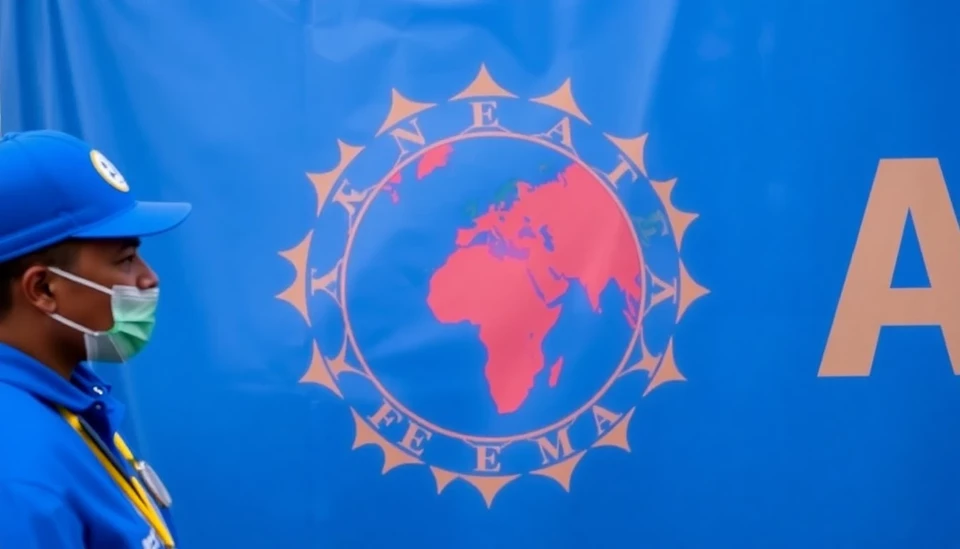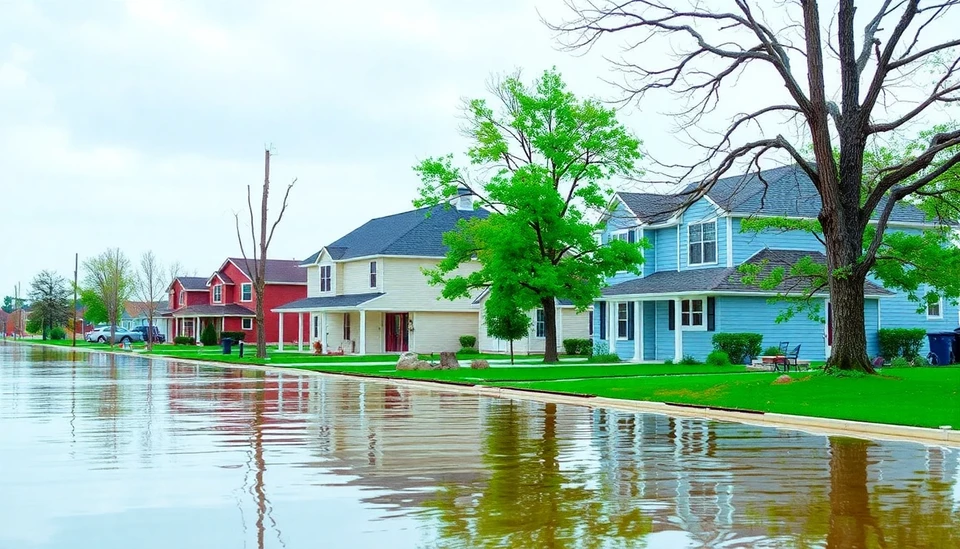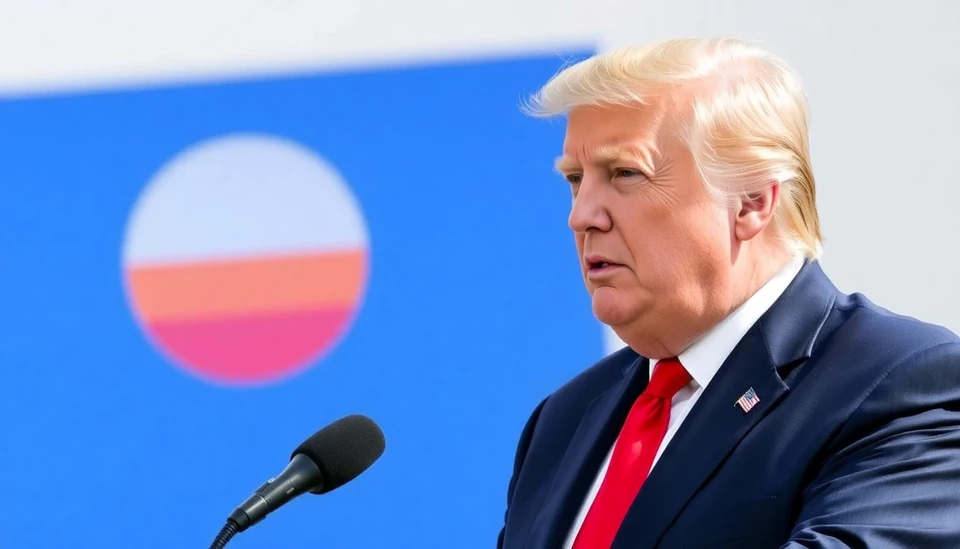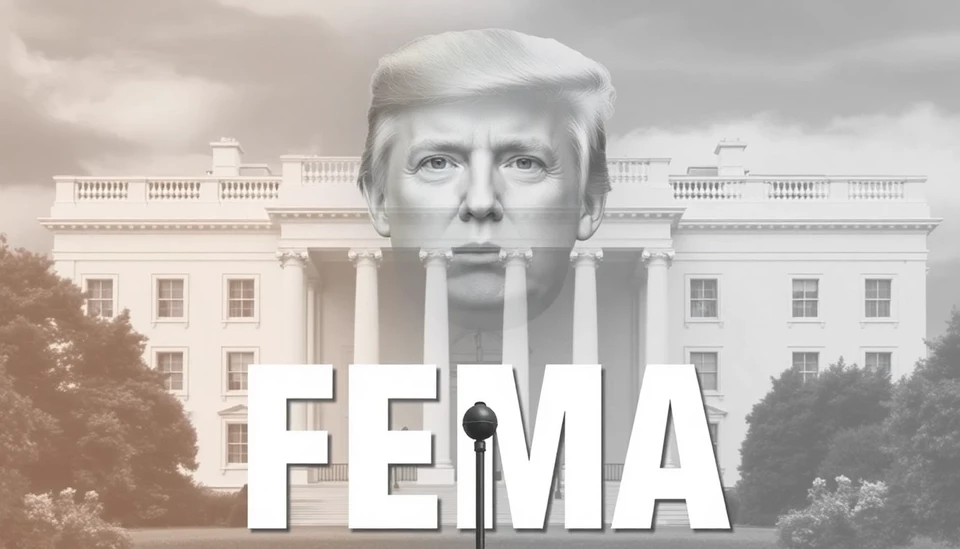
In a significant move reflecting the current political landscape, the Federal Emergency Management Agency (FEMA) is reportedly targeting a number of employees who specialize in climate adaptation and diversity initiatives. This decision comes as part of a wider effort by the Trump administration to reshape federal agencies by removing personnel it deems non-essential or misaligned with its policy objectives.
As concerns about climate change intensify, the role of FEMA's climate diversity team has been crucial in advancing strategies that incorporate climate resilience into disaster response and recovery planning. These professionals have been advocating for more inclusive approaches that take into consideration the vulnerabilities of marginalized communities in the face of environmental challenges.
Sources within FEMA suggest that the removals stem from a broader pattern of the administration targeting experts in fields linked to climate issues, suggesting a strategy focused on prioritizing short-term political goals over scientifically informed long-term planning. The move has raised alarms among environmental advocates, who argue that dismantling these teams could leave the agency ill-equipped to handle the escalating effects of climate change.
This purge not only threatens the stability of current projects but also raises questions about FEMA’s future capabilities in managing disasters that are increasingly influenced by changing climate patterns. As the country continues to face severe weather events, the agency's focus on diversity and climate preparedness is seen as essential for an equitable and effective response.
With the current administration's clear stance against climate science and the necessity of diversity in public service, advocacy groups are mobilizing to defend the work of these dedicated professionals. They argue that ensuring a diverse approach in dealing with climate issues is not just a moral imperative but a practical one, given the disproportionate impact of disasters on disadvantaged communities.
The response from the public and the media has been rapid, as many call for transparency regarding the rationale behind such staffing decisions. Critics warn that sidelining climate experts could lead to disastrous outcomes for marginalized populations during future emergencies, emphasizing the need for a robust and competent FEMA prepared to meet the challenges ahead.
As the situation unfolds, it remains to be seen how these personnel changes will impact FEMA’s operations and the agency's overall mission regarding climate resilience and disaster preparedness. The spotlight is now on how both FEMA and the Trump administration will navigate this complex terrain amidst growing concerns for climate justice and effective governance.
In summary, the targeting of FEMA’s climate diversity workers marks a significant and troubling shift in the agency’s strategy, raising important questions about the intersection of politics, climate science, and community resilience.
#FEMA #ClimateChange #Diversity #TrumpAdministration #DisasterPreparedness #EnvironmentalJustice #FederalAgency #ClimateResilience
Author: Megan Clarke




